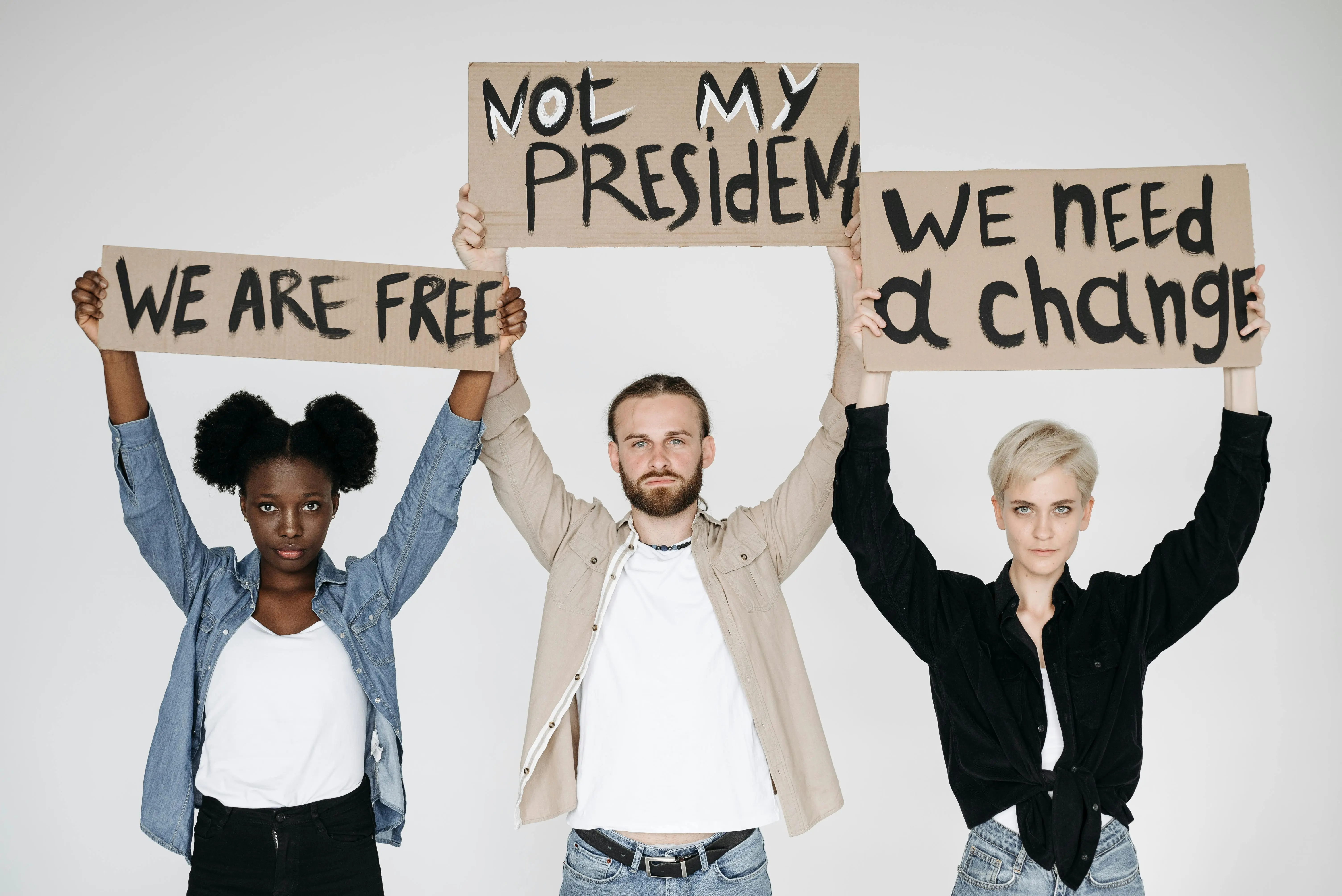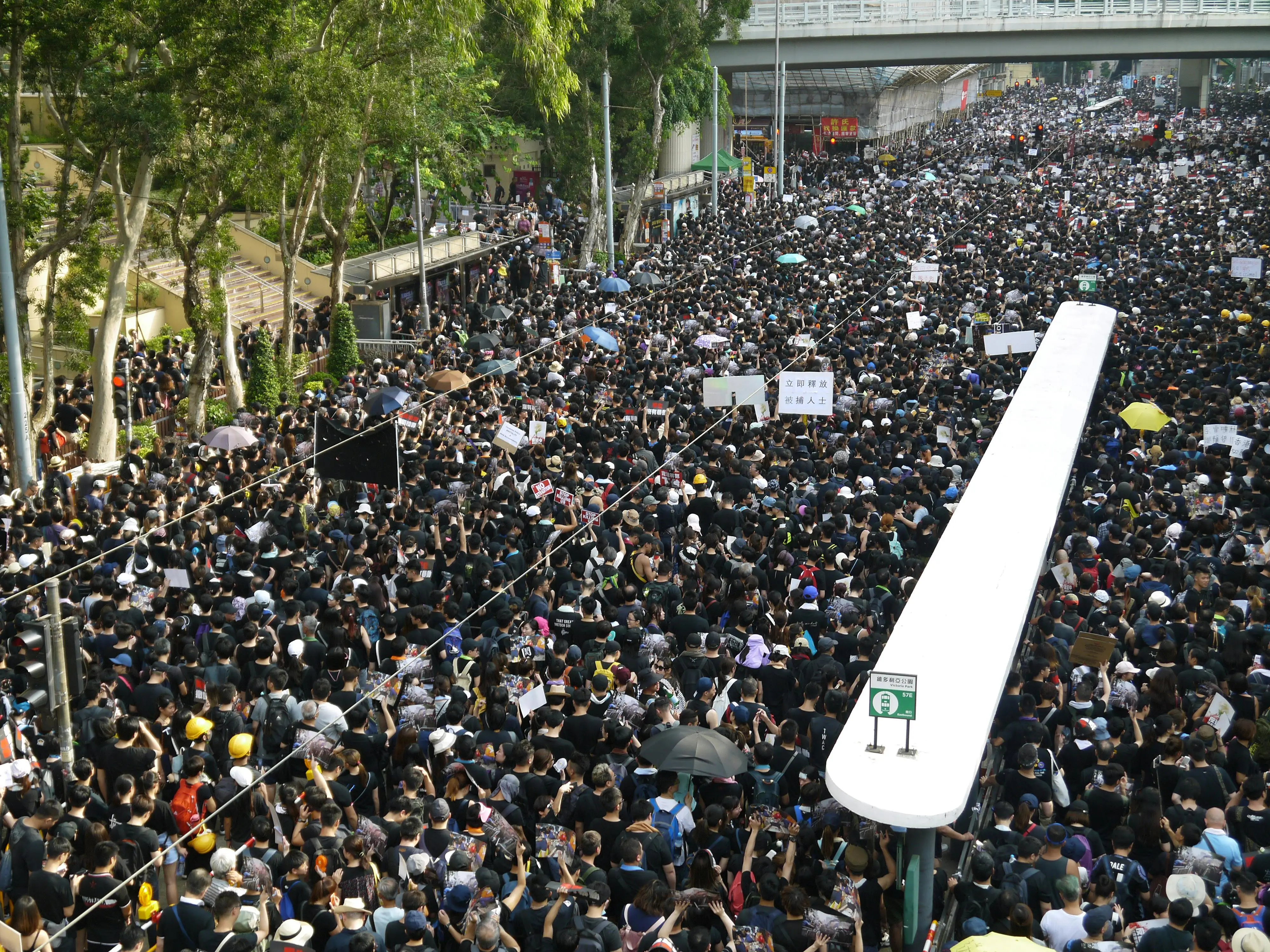Political Scandals—Who, What, When, Where, and Why!
Scandals are events or actions that lead to public indignation because they are
immoral or illegal. Political scandals are a regular part of modern-day politics (Balkhi, 2018).
Political scandals influence political decisions and the democratic process (Shepard, 2015).
Political scandals have damaged the reputations and ended the careers of some of the greatest
world leaders, including President Nixon.
The Watergate Scandal
The Watergate political scandal involving President Nixon’s administration took place
from 1972 to 1974. Nixon was running for reelection, and the country was in the heat of the
campaigns. On June 17 th , 1972, five men attempted to break into the Democratic National
Committee offices at the Watergate Complex in Washington. They were trying to tap phones
and steal documents. It was not clear that the men were connected to Nixon at first. In August
the same year, he gave a speech in which he denied any White House staff’s involvement. In
November that same year, he was reelected (Fremon, 2014).
How the Media Portrayed the Politicians Involved
The press played a crucial role in making information accessible to the public. The
Washington Post led these efforts. Bob Woodward and Carl Bernstein, who were
collaborating on the story for the Washington Post, suspected that the burglary was part of a
vast scheme that stemmed out of the oval office. The two connected the money found on the
burglars to Nixon’s reelection campaign fund (Shepard, 2015). To cover it up, Nixon paid the
burglars off and instructed the CIA to interfere with the FBI investigations. The two reporters
snagged an anonymous whistleblower, commonly known as Deep Throat, who was later
revealed to be William Mark Felt, the former FBI director. The Post’s stories forced senators
to investigate; it was difficult to ignore their steady stream of scoops pointing towards
Nixon’s involvement (Van Belle, 2016). They claimed that the money used to pay for the
POLITICAL SCANDALS 3
break-in had been acquired through illegally laundered campaign contributions (Fremon,
2014).
The evidence uncovered by reporters pointed to the White House, and the public was
divided on whom to believe. It is true that without the media, the scandal would never have
been uncovered. The involvement of the media resulted in changes of immense magnitude. It
is said that the media forced the downfall of Nixon by influencing public opinion (Van Belle,
2016).
Nixon disliked the press; the hatred started when they had attacked his position in the
Vietnam War since it was clear it was a violation of the promises made during the campaign
(Shepard, 2015). Watergate was the second crisis Nixon had. The media portrayed Nixon as a
sneak who was playing fast and loose with the law. They used his words against and
portrayed him as an arrogant man drunk with power. Portraying him as someone who would
do anything to get ahead. Explains why Nixon is remembered for the Watergate Scandal and
not his other acts during his time in office (Thiel, 2018).
The Outcome of the Scandal
Nixon’s 1972 election win was a landslide, but public perception quickly changed
after the Watergate Scandal, and his attempts to hide his involvement was uncovered. The
media coverage made the public aware of the seriousness of the matter. Nixon got much bad
exposure during this period, and it was clear his political power was departing from him (Van
Belle, 2016). Although most Americans thought Nixon was guilty in some way, they did not
want him to resign. The shocking series of events that followed quickly changed this. The
Saturday Night Massacre was a significant fueling factor to the change of perceptions, with
Nixon ordering the dismissal of Archibald Bold. The latter was the prosecutor requesting his
secretly recorded tapes in the oval as ordered by the supreme court (Fremon, 2014).
POLITICAL SCANDALS 4
By ordering the release of the tapes, the Supreme Court made it clear that even
presidents were not above the law. Nixon later on provided the tapes, which provided
undeniable evidence of his involvement. This led to a formal impeachment inquiry by the
House Judiciary Committee. The House Judiciary Committee then approved articles of
impeachment against Nixon for obstruction of justice, abuse of power, and contempt of
Congress (Fremon, 2014). Nixon lost his support and resigned on August 9 th . The majority of
Americans, after his resignation, wanted Nixon to be tried for criminal involvement.
Americans felt betrayed by the man who had come out to defend himself so publicly. Sixty-
nine government officials were charged, and forty-eight were found guilty. Nixon’s actions
affected the Senate and House elections three months after his resignation, with the
democrats getting only five seats in the House and forty-six in the Senate. President Nixon
wrote books trying to explain his side of the story. The family spent much money in legal fees
trying to make sure the tapes remained sealed, but they were eventually released to the
public. This tainted Nixon’s reputation further (Shepard, 2015).
The Effects the Scandal had on the Political Environment and the Media.
President Nixon’s actions created an atmosphere of suspicion and wariness. President
Ford pardoned Nixon, and his polls dropped afterward, resulting in his loss to Jimmy Carter
in 1976. Many Americans had lost faith in the presidency. Every political scandal since then
was labeled with the suffix -gate (Thiel, 2018). In an attempt to regulate presidential
declarations, the National Emergencies Act was enacted in 1976. The scandal increased the
need for consciousness and limitation of presidential powers. The president would need the
support of Congress to go to war. Presidents had recorded conversations in the oval before
Nixon, but this ended after Watergate. Income tax reforms and other disclosures were
expected, although not legally required. There were concerns about domestic spying, and a
special court was created to authorize such operations when there are national security
POLITICAL SCANDALS 5
concerns; The Foreign Intelligence Surveillance Act of 1978. Right now, Americans want
leaders with authenticity and character. They are no longer focused on electing individuals
with political experience. They are convinced that open, straightforward politics is the best
type of politics they want. This has made unmasking a political opponent untrustworthy, a
tactic used during election campaigns (Shepard, 2015).
Watergate changed the relationship between the White House and media houses. The
press focused on trying to unmask what the presidents are hiding. Politicians got better at
preventing leaks. The line of questioning by journalists has grown to be adversarial over time
which may not be the best way to get information. Many media outlets are striving to win
awards like the Pulitzer Awards. Journalists are not just receiving information and publishing
it anymore; they flex their muscles and ask essential questions (Thiel, 2018).
Conclusion
The media plays a vital role in the court of public opinion, primarily responsible for
providing comprehensive, accurate information that supports decision-making. President
Nixon abused his power and engaged in illegal acts that ended his political career. Watergate
is the biggest scandal in United States history (Balkhi, 2018). The Watergate Scandal enabled
lawmakers to identify gaps in the law. Since then, reforms have been made to minimize the
chances of illegal conduct and have led to better governance.
POLITICAL SCANDALS 6
References
Balkhi, A. (2018, September 13th). 25 Biggest Political Scandals In History. List25.
https://list25.com/25-biggest-political-scandals-in-history/
Fremon, D. K. (2014). The Watergate Scandal in United States History. Enslow Publishing,
LLC.
Shepard, G. (2015). The Real Watergate Scandal: Collusion, Conspiracy, and the Plot That
Brought Nixon Down. Simon and Schuster.
Thiel, K. (2018). Watergate and Investigative Journalism. Cavendish Square Publishing,
LLC.
Van Belle, D. A. (2016). A novel approach to politics (4th ed.). CQ Press.









